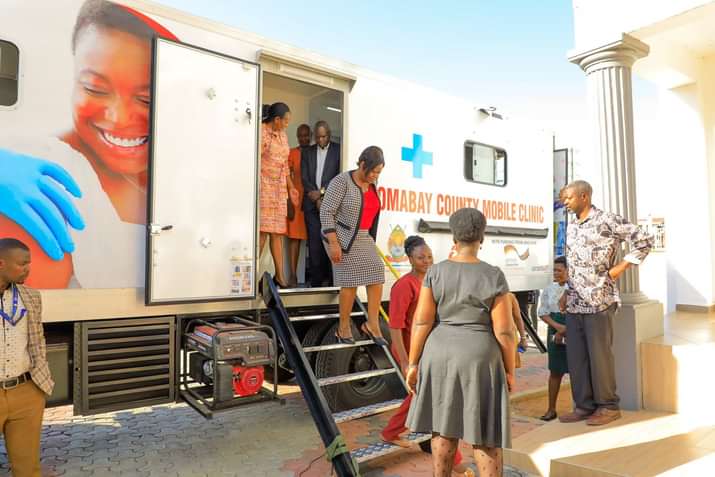The shortage of biomedical products such as condoms and HIV testing kits have been described as a barrier to the fight against HIV in Africa.
Similarly limited donor funding of the various programmes aimed at curbing HIV have also posed a major challenge to the implementation of the programme.
Speaking during the first day of the four-day Media for Environment, Science, Health and Agriculture (MESHA) webinar that brought together 300 journalists, Patriciah Jeckonia, a senior technical advisor for policy and partnerships at LVCT cited limited funding by partners coupled with poor terrain added to the challenges.
Jeckonia said women still contribute to the highest percentage of new HIV infections of up to 67 per cent thus the need for more discrete measures and sensitization on various options of HIV prevention; dapivirine ring, Oal PrEP and condoms.
She said that most African countries including Kenya have approved the use of Oal PrEP as an effective way of curbing new HIV infections with clients encouraged to religiously follow health protocol such as taking the drugs consistently in order to make it more effective.
She revealed that the dapivirine ring has been approved for use in Kenya adding that it is a flexible silicon ring which slowly releases the HIV prevention drugs into the body without disrupting their sexual sojourns and lasts for a month.
Jeckonia reassured users of the dapivirine ring that it does not in any way interfere with sexual activities as confirmed by male counterparts since its concentration is found inside the vagina.
However, she added, the use of the dapivirine ring has mild side effects such as itching and vaginal discharge which does not last for more than a week.
“One must engage in vaginal sex in order to be able to use the ring. Therefore, its not recommended for use by gay men,” she explained.
Jeckonia revealed that the dapivirine ring also got a positive scientific opinion from the European Medicines Agency where they confirmed that it can reduce HIV infection during receptive vaginal sex used in combination with other safe sex practises where Oral PrEP is not available.
Responding to questions, Jeckonia said the ring does not make noise as claimed by some users during sex.
However, she cautioned that the product is yet to be approved for use in Kenya and so those keen to adopt it should wait a little longer.
“None of the four African countries of: Zimbabwe, Kenya, South Africa and Uganda which approved the ring has it yet,” Jeckonia declared. She also cautioned that the ring does not prevent pregnancies and STIs.
“The efficiency of the ring is reported to be about 30% but could go higher above 50 per cent if used correctly and consistently without having to remove it often,” she explained.
On concerns raised by participants that the cost of the ring could probably hit the roof, she stated that the ring will be offered in the public sector for free by respective governments once officially approved by the World Health Organisation.
However, she revealed that they are working with local organisations in strengthening the respective roles of the various partners in scaling up the use of the products in 3 counties; Nairobi, Kisumu and Mombasa targeting young women above 18years.

